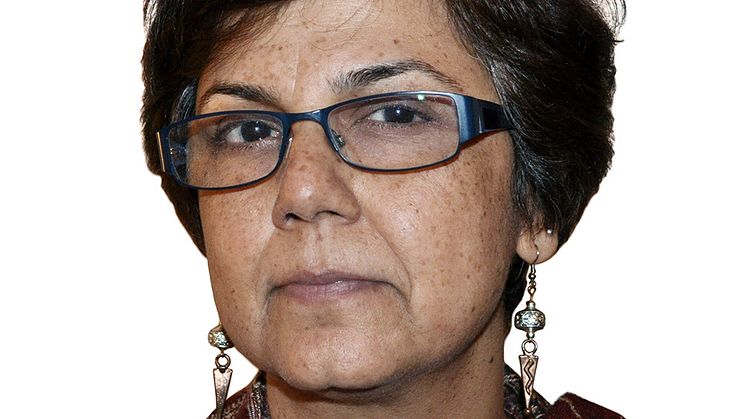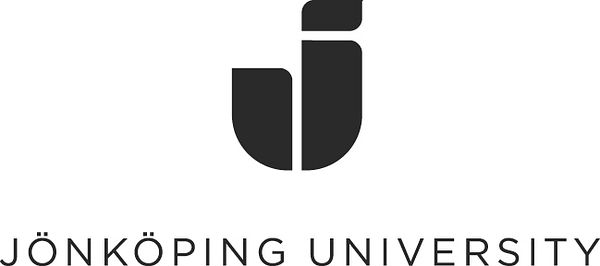
Press release -
Swedish universities need to improve their equity work
Swedish universities do not meet the requirements for equity and inclusion. This is the conclusion of a new study published in a special issue on higher education of the international research journal “Informatics”.
”Actually, our universities have a lot of ground to cover to live up to our anti-discrimination policies and provide a more inclusive setting for differently abled students”, says Sangeeta Bagga-Gupta, professor at the School of Education and Communication, Jönköping University.
The study builds upon two long-term case studies of differently abled individuals – with data spanning from schools to adulthood. Both individuals have completed higher education, have jobs, and can be considered well integrated into Swedish society.
”Despite this, both report being severely depressed from time to time. We were unable to understand this paradox and wanted to explore it. Therefore, we chose to examine the nature of support – including ICT – that is offered within Swedish higher education”, explains Sangeeta Bagga-Gupta who conducted the study in collaboration with Guilia Messina Dahlberg, senior lecturer at the University of Skövde and Ylva Winther, School Chief in the municipality of Karlstad.
Six Swedish universities were chosen randomly, and Sangeeta Bagga-Gupta is surprised with the results.
”In general, universities in Sweden offer support, including technical assistance, but have not effectively been able to meet the needs of students who are differently abled. Neither have they understood how to use existing technologies with the aim of supporting inclusive processes. It is not uncommon that individuals who have special needs with regards to functionality are advised to request for assistance much in advance, and at the same time are told that help cannot be guaranteed. Our analysis also suggests that people responsible for support lack basic knowledge.”
The study has attracted international attention.
”Our research confirms that Sweden is not really that successful in terms of equity, inclusion and integration. The UN has recently criticized Sweden for shortcomings regarding equity in a number of areas. Unemployment among the differently abled has, in the recent past, risen by 80 per cent and the suicide rate by 100 per cent”, says Sangeeta Bagga-Gupta.
”Research and developments with regards to equity have tended to focus on gender issues, often at the expense of other marginalized groups. Currently, there exists a self-reflection within gender-research and it is therefore gratifying that the national gender conference "g16", to be held this week at Linköping University, will for the first time focus more broadly on equity.”
”Disabling and Enabling Technologies for Learning in Higher Education for All: Issues and Challenges for Whom?” was published in the journal "Informatics" 3, 2016.
Sangeeta Bagga-Gupta will lecture on the theme of equity and intersectionality, focusing on the Swedish compulsory school, at the national gender conference ”g16” at Linköping University, Linköping, Sweden, 23-25th November. The title of her contribution is ”Mobilizing intersectionality through a focus on social-textual practices. Recognizing or marginalizing deaf, immigrants and Sami?”
Related links
Topics
Categories
Jönköping University Foundation is one of three independent institutions of higher education in Sweden offering postgraduate programmes. It is characterised by focused profiles, internationalisation, an entrepreneurial spirit and collaboration with surrounding society. Research and education are carried out at four schools: Jönköping International Business School, School of Education and Communication, School of Engineering and School of Health and Welfare. Jönköping University has some 10,000 registered students, 725 employees and a turnover of approximately SEK 800 million.
